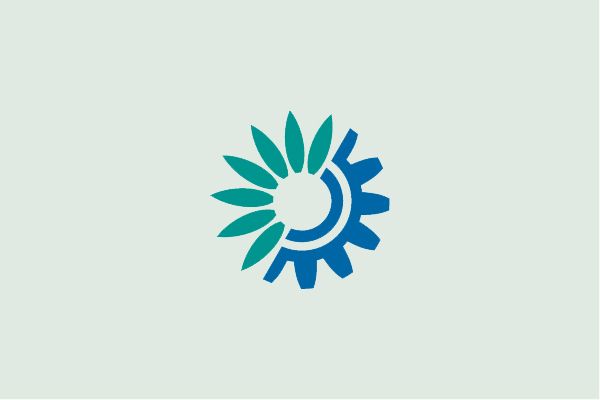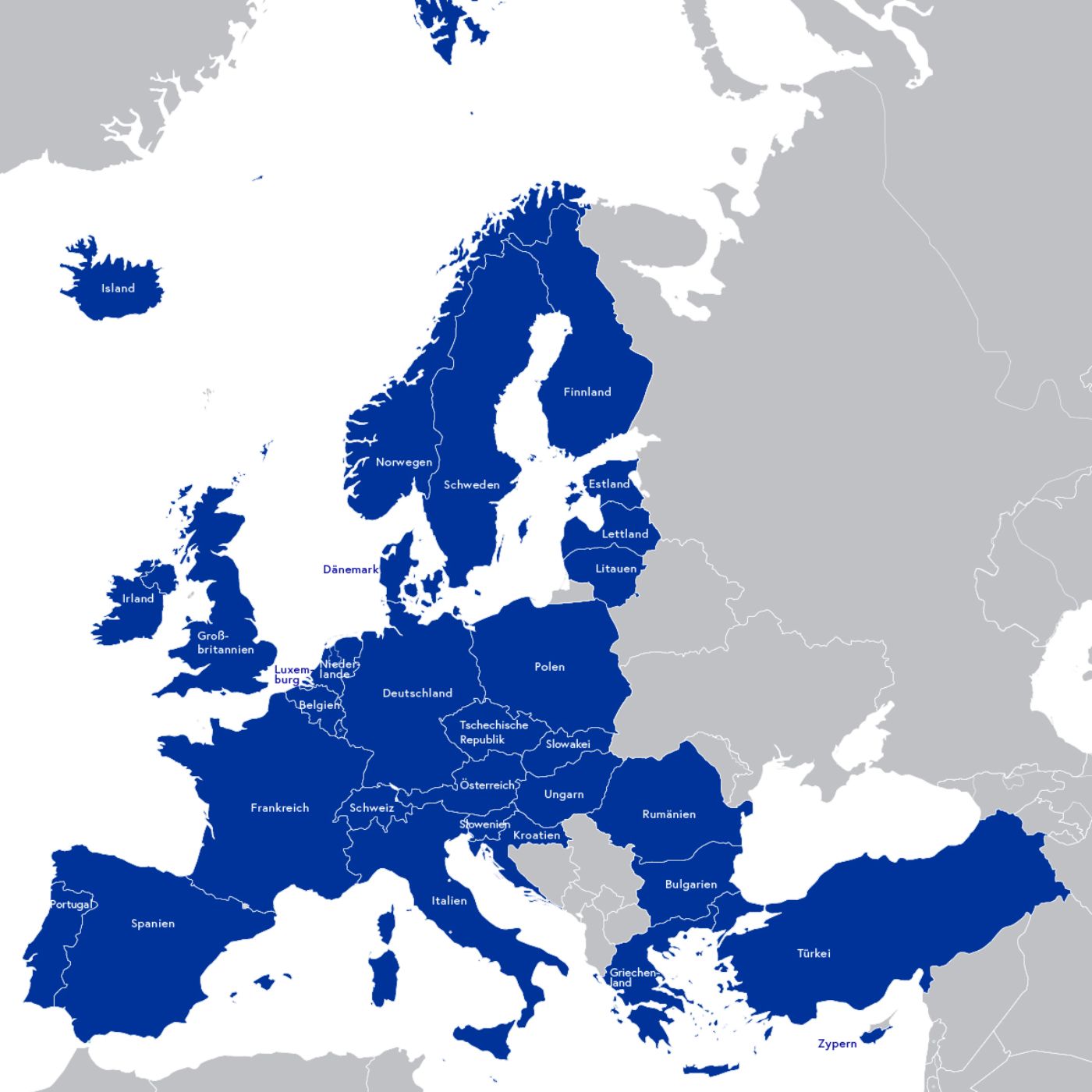European Environment Agency

The European Environment Agency (EEA), based in Copenhagen, Denmark, is an important factor in European environmental policy.
The European Environment Agency (EEA) was adopted by the European Council (EU) with Regulation (EEC) No 1210/1990 following a proposal by the Commission and started working in Copenhagen, Denmark, in 1994. In addition, the European Environment Information and Observation Network (EIONET) was established with this Regulation.
In the environmental context, the EEA fulfils a number of important tasks within and outside the EU. Its most fundamental tasks include:
- Supporting the EU in the best possible way with technically sound expertise in order to make the right decisions regarding an improvement of the current environmental status, taking into account the integration of ecological aspects into economic and social policy concerns
- Assist decision-makers in understanding the future systemic global challenges in order to achieve the long-term environmental goals for 2030 and beyond
- Coordination of the European Environment Information and Observation Network (EIONET).
According to the Regulation, countries outside the EU are also free to become members of the EEA, as long as they pursue consistent environmental policy objectives. The EEA therefore currently comprises 32 member states, the EU27, Liechtenstein, Norway, Switzerland, Iceland and Turkey, as well as six partner countries, namely Macedonia, Bosnia-Herzegovina, Montenegro, Serbia, Albania and Kosovo.

Governance
Agencies are EU institutions, most of which have their own legal capacity. As a rule, they are headed by Executive Directors. The EEA is headed by a Management Board (MB) and an Executive Board, which, in turn, are supported by a Scientific Advisory Board. The MB comprises representatives of all member states (usually employees of environmental ministries or national environmental agencies), the EU Commission and the EU Parliament. The Austrian representative at the MB is Elisabeth Freytag-Rigler, the deputy member is Verena Ehold, Managing Director of the Austrian Federal Environment Agency.
In March 2023, Leena Ylä-Mononen from Finland, Director General at the Finnish Ministry of the Environment, was appointed as Executive Director of the EEA for a five-year term of office by the members of the EEA's MB, following a proposal by the EU Commission. She took office on 1 June 2023. Prior to this, she also held a senior position at the European Chemicals Agency, having worked before at the European Commission's DG Environment.
The member states also elect the chairperson from their ranks. From 2014-2017, Elisabeth Freytag-Rigler, Head of Directorate VI/10 of the Federal Ministry of Agriculture and Forestry, Climate and Environmental Protection, Regions and Water Management BMLUK held this position at the EEA. The current chairperson of the EEA Management Board is André Weidenhaupt, Director-General at the Ministry of the Environment, Climate and Biodiversity of Luxembourg.
EIONET
The European Environment Information and Observation Network EIONET plays an important role within the EEA. EIONET is a partnership-based network between the EEA member states and cooperating countries.
EIONET's task is to support overarching (national, regional, EU, global) institutional cooperation and to establish far-reaching partnerships with the civil society. The EEA is responsible for their further development and coordination in co-operation with the national contact points, the National Focal Points (NFPs), for Austria Florian Wolf-Ott from the Federal Environment Agency.
NFPs are also responsible for coordinating the networks of National Reference Centres (NRCs), which bring together experts from national institutions and other bodies involved in environmental information.
EIONET also includes European Topic Centres (ETCs), which are headed by a consortium of various, mostly scientific institutions. Their task is to provide scientific support to the EEA in specific subject areas. The ETC on Data Integration and Digitalisation (ETC DI) is headed and coordinated by Katrin Stockhammer from the Federal Environment Agency.
Added value for authorities
Not only does the EEA fulfil its legal obligation to collect and process environmentally relevant data, but it also produces a wide range of high-quality reports on the state of Europe's environment in a variety of ecologically significant areas and is regarded as an important European think tank on environmental issues.
The most important and comprehensive environmental report is the State and Outlook of the European Environment Report (SOER), which must be published every four to five years. The current SOER 2020 was presented to the media on 4 December 2019 in Brussels in the presence of the European Commission and an interested public. The publication of the next SOER is planned for September 2025.